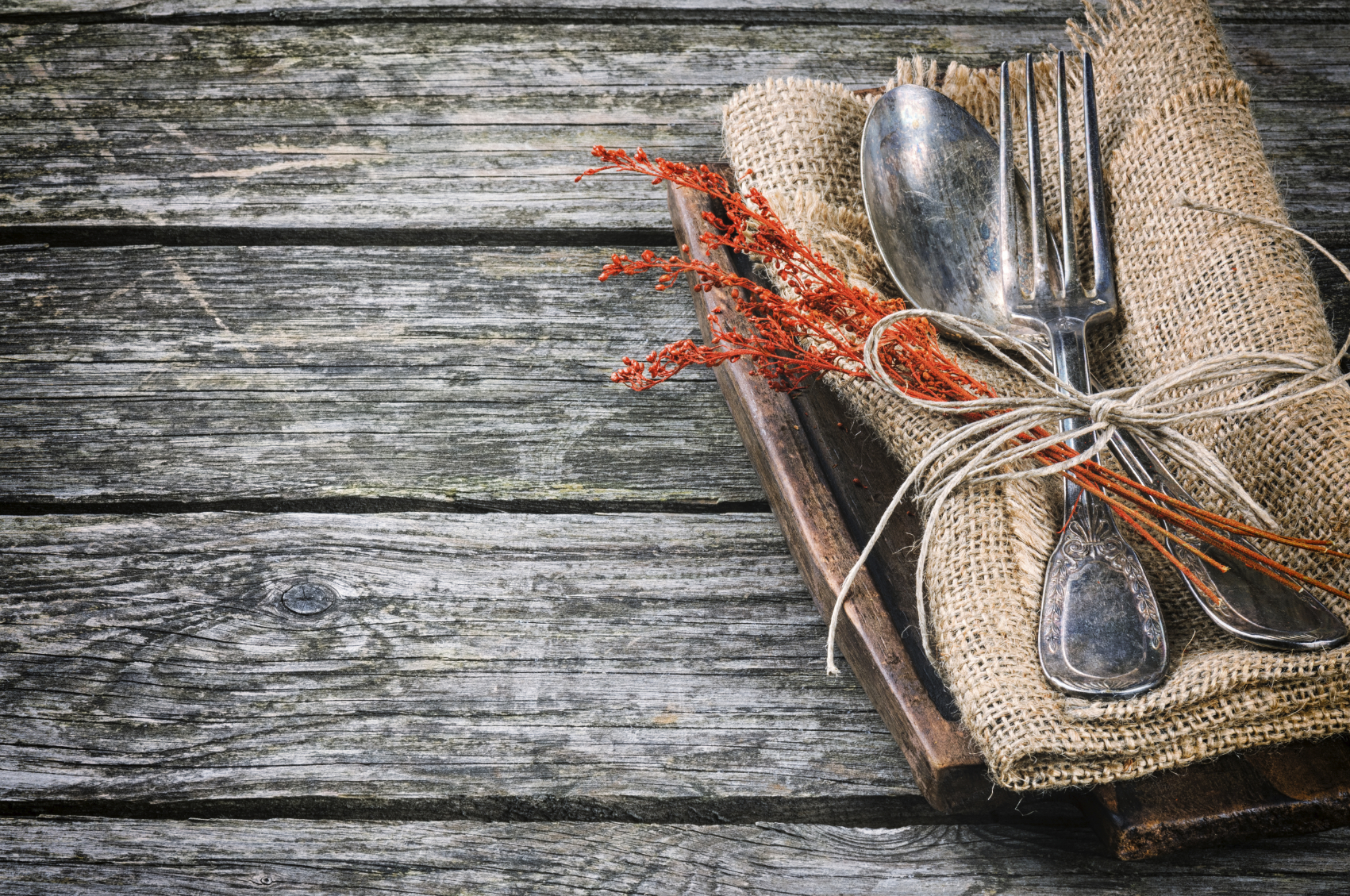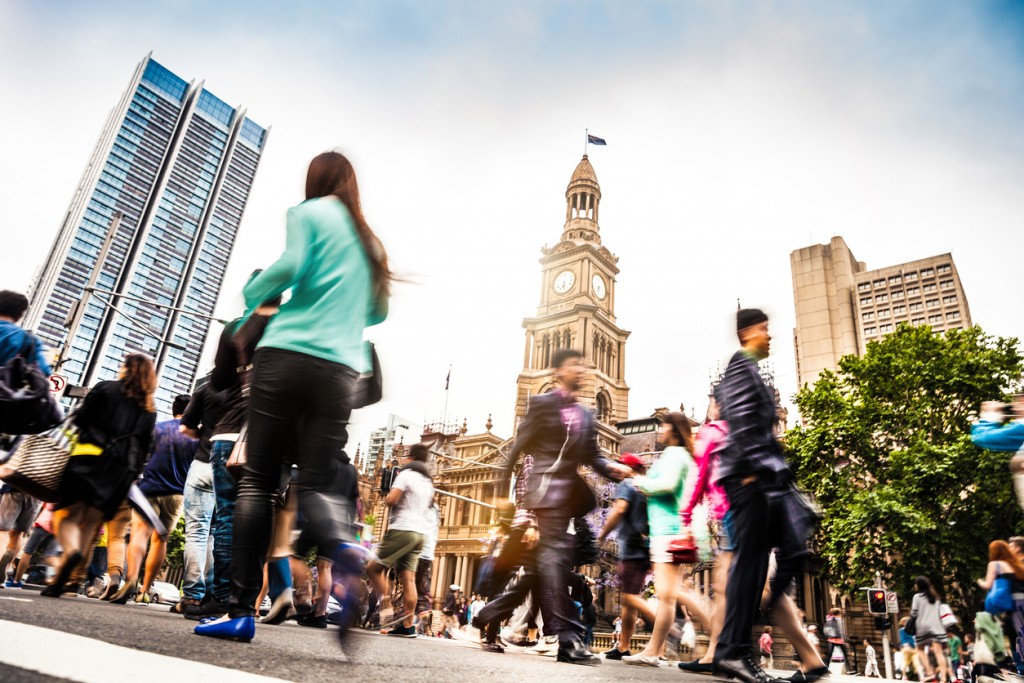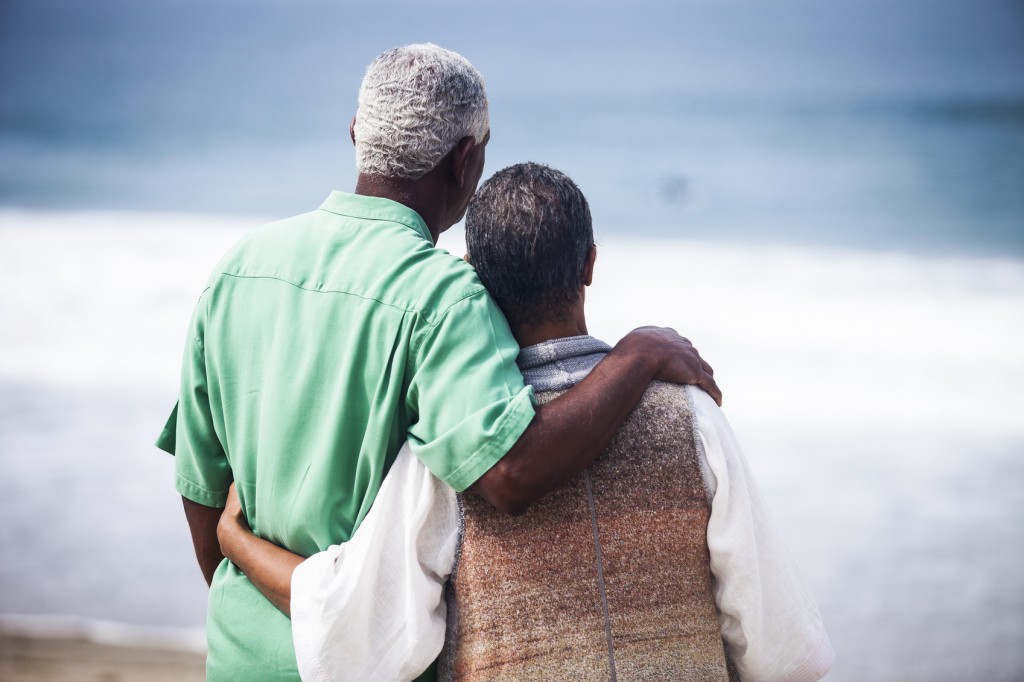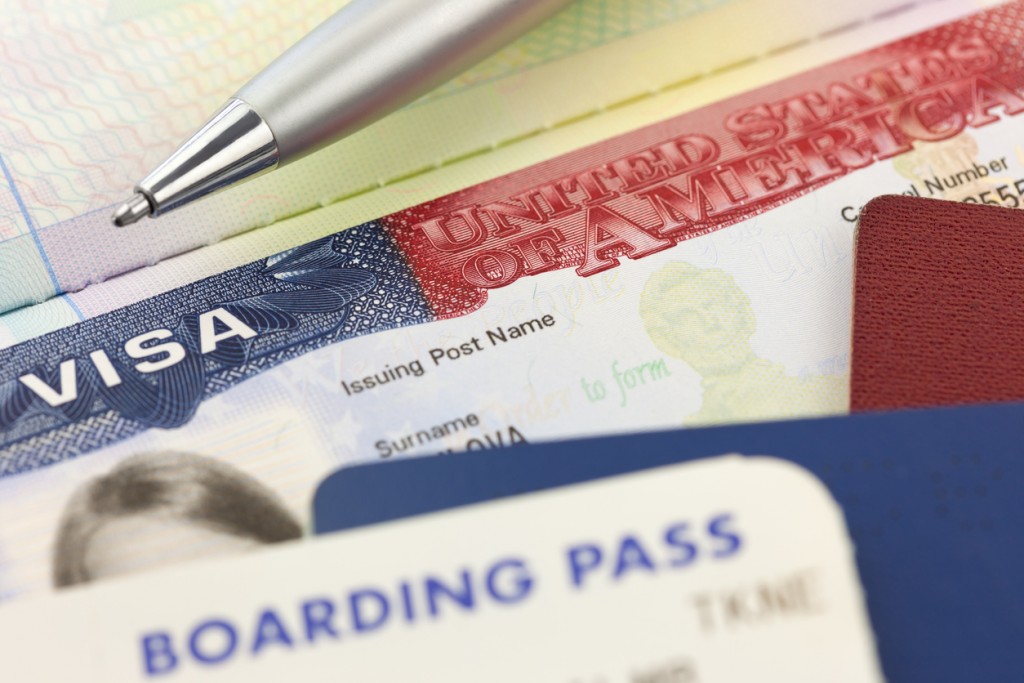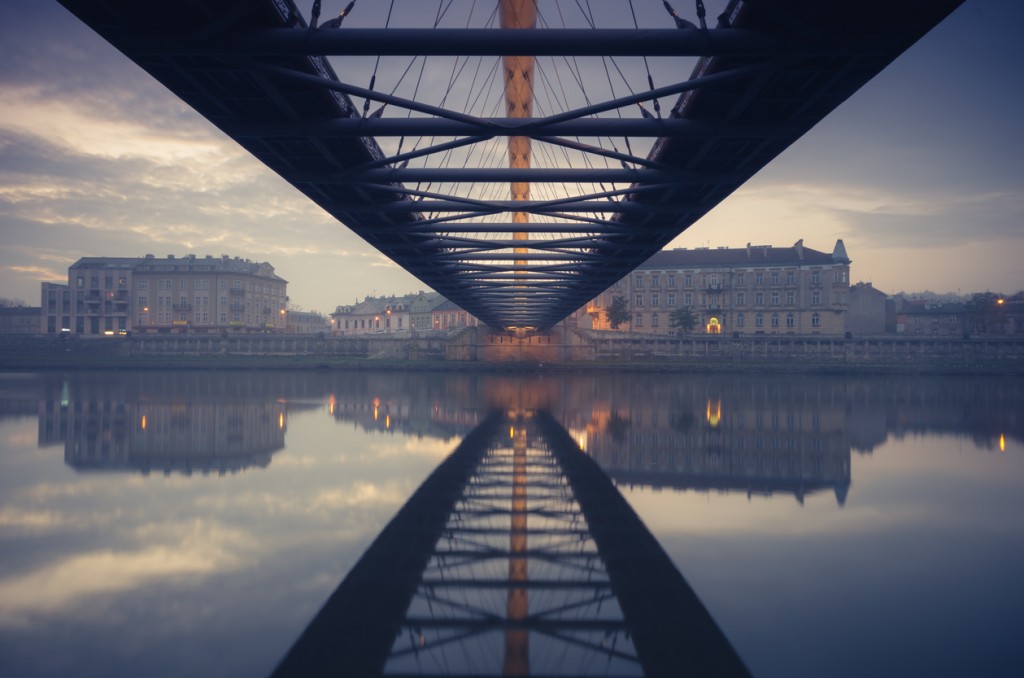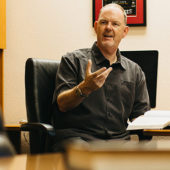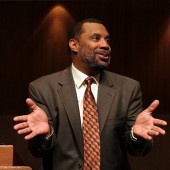Misconceptions about the Pilgrims & the first Thanksgiving
What do we think of when we think about the Pilgrims’ journey to America and the first Thanksgiving?
According to Dr. Robert Tracy McKenzie, probably nothing that’s historically accurate.
Dr. McKenzie is a professor of history at Wheaton College in Illinois, and joined Dr. Bill Maier to talk about his book, .
1. The Pilgrims weren’t facing religious persecution
As many stories state, the Pilgrims left Holland because they were being persecuted. Although they did face persecution in England, the reality is, however, that neither government at the time (especially Holland’s) wanted the Pilgrims (then known as Puritans) to leave. Each country saw the Pilgrims as productive, necessary members of their society.
But as productive as they were, the Pilgrims were facing major economic problems, producing textiles and other goods from sun up to sun down. Dr. McKenzie says leaders like Pastor John Robinson and William Bradford came to the conclusion that:
“Over the long haul, it was having a corrosive effect on their children and the next generation…”
Although many Puritans did not like the way Dutch youth were brought up (along with many other negative aspects of Dutch culture), the decision to leave Holland was not motivated by any sort of persecution.
2. Coming to America was not a unanimous decision
Dr. McKenzie said that the decision to leave for America was not, obviously, unanimous. By the the time they left, only around 400-500 Dutch settlers decided to come to the New World.
Even pastor John Robinson actually stayed behind:
“They actually agreed to disagree; some would stay and some would go.”
3. The first Thanksgiving was not necessarily a happy occasion
The first winter for the Pilgrims at Plymouth plantation was extremely rough. Most of the settlers died due to pneumonia, hypothermia, and other terrible conditions, meaning the first harvest feast that followed wasn’t a joyful occasion:
Throughout this entire ordeal, Dr. McKenzie says:
“They never doubt for a moment that God is sovereign”
4. The Pilgrims didn’t invite the Indians to their harvest feast
Despite the common notion that the Pilgrims invited the Indians to their harvest feast in some sort of gesture of goodwill, Dr. McKenzie says that’s definitely not the case:
Dr. McKenzie: “The sources actually don’t say that the Pilgrims invited the Wampanoag (Indians). It’s a very common thing that we remember, but [the source] doesn’t say that. It says that ‘came among them’. That’s a little ambiguous. But we know from other things that Bradford and Winslow wrote that the Wampanoag very frequently just, sort of, came by…”
Dr. Bill: “Crashed the party, so to speak?”
Dr. McKenzie: “…well, in a certain sense. In fact in the summer of 1621, when the Pilgrims were so short on food, they actually sent a delegation to Massasoit, who was the Wampanoag Chieftain, and basically said, ‘we want you to know that you’re welcome to come, but we cannot feed you every time you show up.'”
On top of that, the Pilgrims’ first and subsequent harvest feasts were not gestures of thanks to the Indians. Although the Indians did much to help the Pilgrims, the Pilgrims’ thanksgiving was directed towards God.

